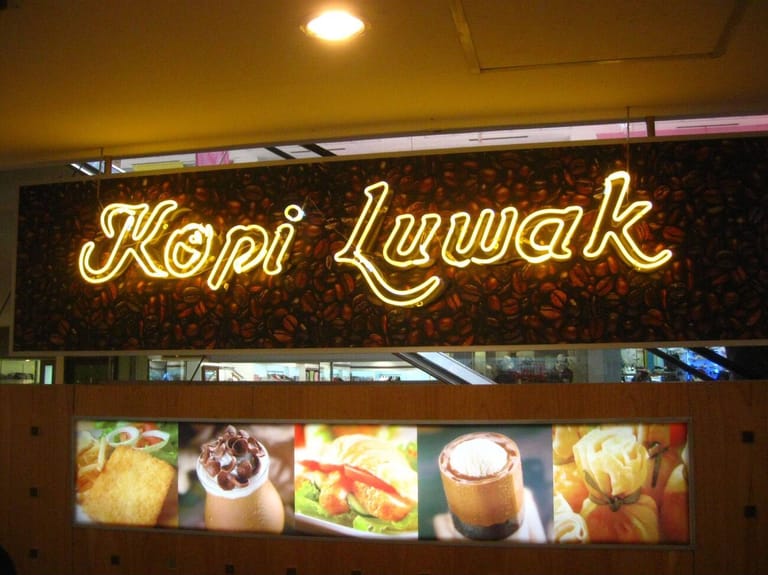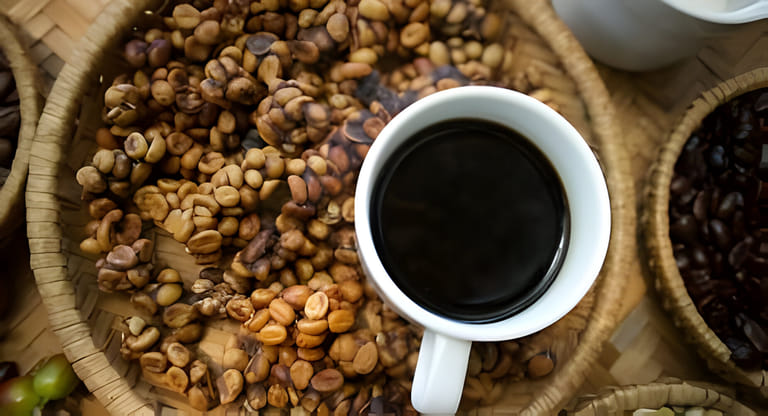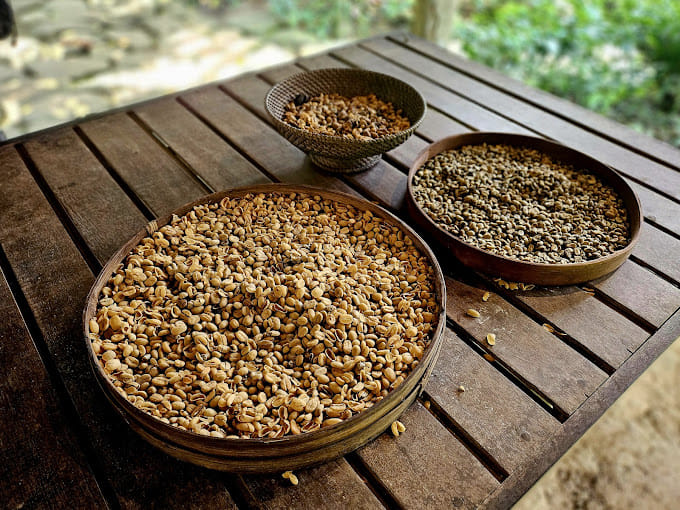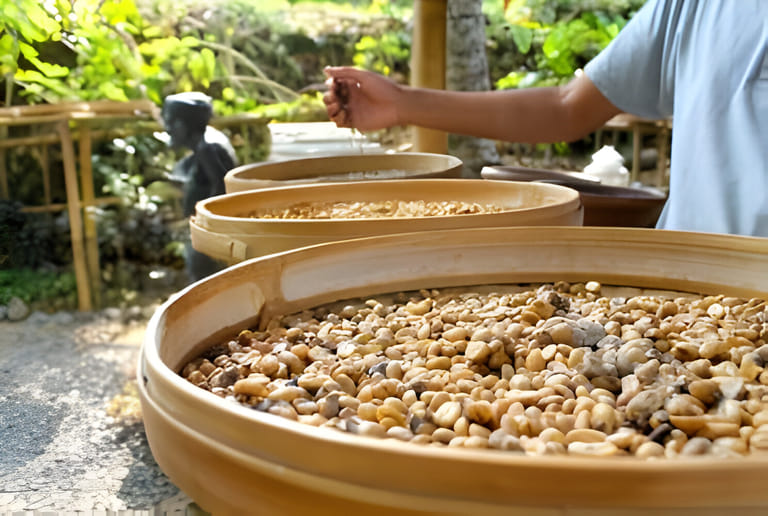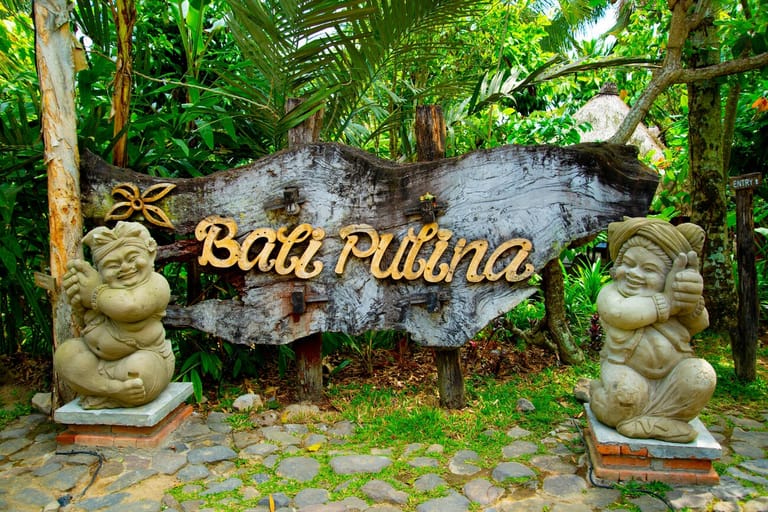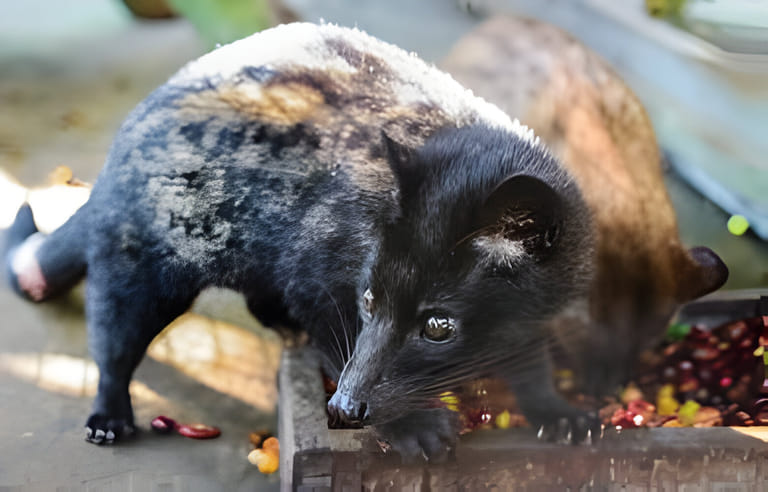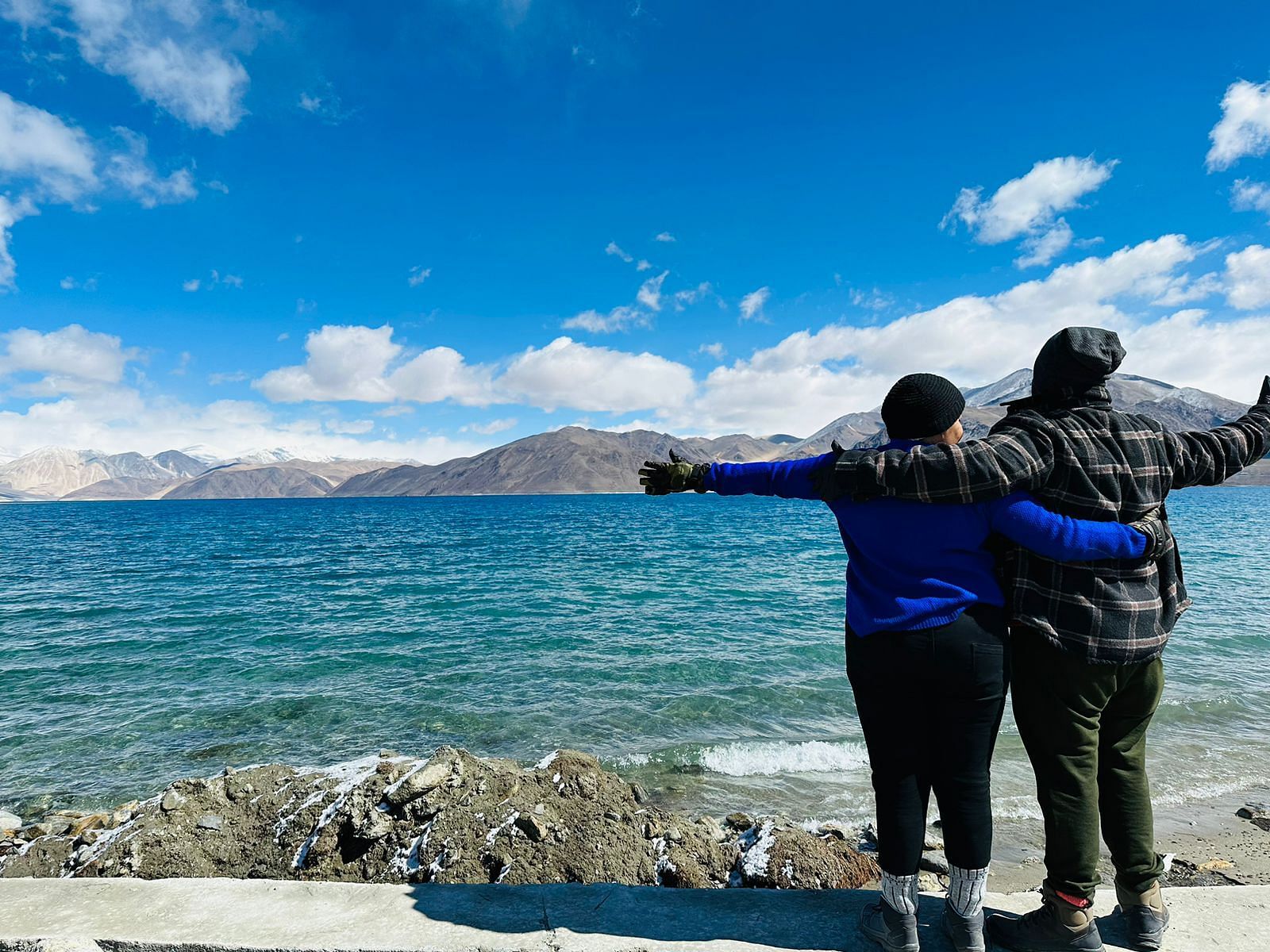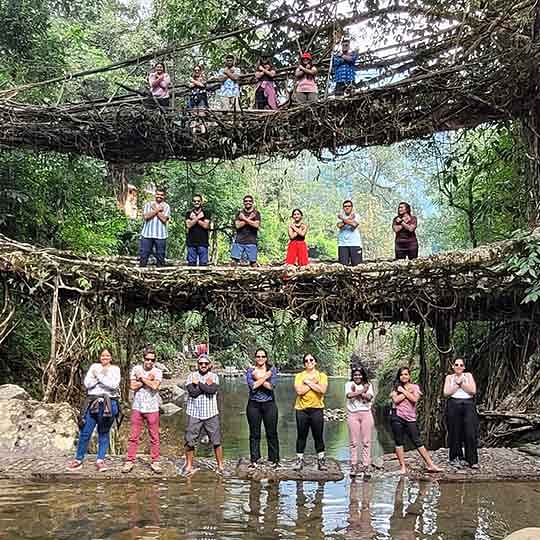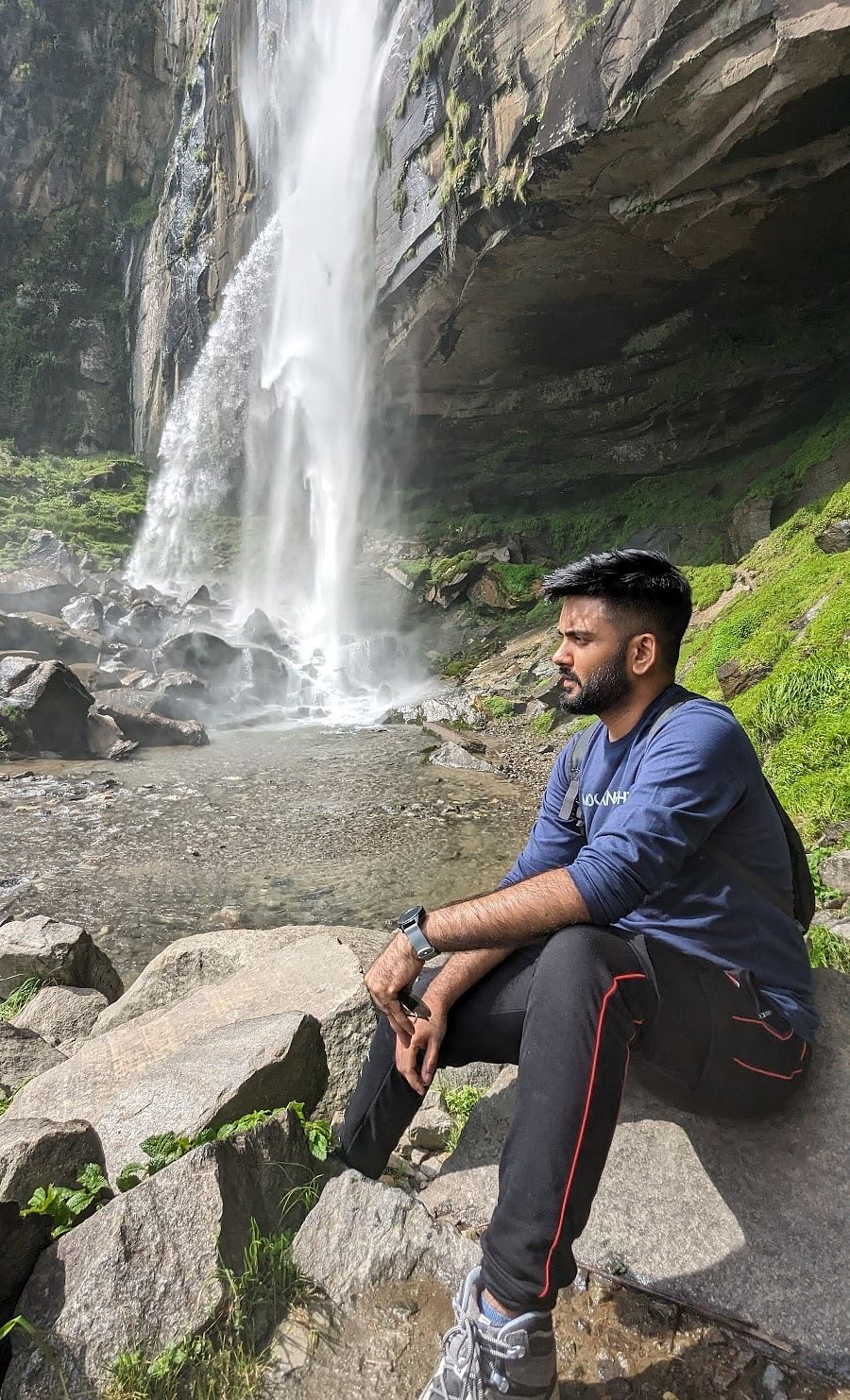Rise and grind, It’s Coffee Time! If you’re a coffee enthusiast planning a Bali Tour, you must have definitely heard about Luwak coffee, or Civet Coffee —-- one of the most exclusive and expensive coffees in the world. Where do we get Kopi Luwak? The coffee is primarily produced on Indonesian islands including Sumatra, Java, Bali, Sulawesi, and East Timor, with several plantations offering tours and tastings in the Ubud region of Bali.
It is a type of coffee that is made from partially digested coffee cherries, which have been eaten and defecated by the Asian palm civet. The cherries are fermented as they pass through a civet’s intestines, and after being defecated with other fecal matter, they are collected.
This unique process transforms ordinary coffee beans into a delicacy loved worldwide for its smooth, rich flavour. Learn about the detailed process, health benefits, and Kopi Luwak plantations in Bali.
Suggested Read: Foods In Bali
How Is Luwak Coffee Made?
Producers of Kopi Luwak coffee beans argue that the process improves coffee taste in two ways:- First through selective bean harvesting, as civets naturally choose only certain coffee cherries to eat.
- Second through digestion, as the chemical processes in the civet’s digestive system alter the coffee cherries’ composition.
The traditional method of collecting feces from wild Asian palm civets has given way to an intensive farming method, in which the palm civets are kept in battery cages and are force-fed the cherries.
This method of production has raised ethical concerns about the treatment of civets and the conditions they are made to live in, which include isolation, poor diet, small cages, and a high mortality rate.
Kopi Luwak Coffee Price
Kopi Luwak is more of a form of processing rather than a variety of coffee; it has been called one of the most expensive coffees in the world, with retail prices reaching $100 to $ 600 per kg. Another epithet given to it is that it is the “Holy Grail of coffees.”
Suggested Read: Unique Experience In Bali
What Are Kopi Luwak Coffee Benefits?
After understanding Kopi Luwak how is it made, check its benefits:- Higher Malic Acid Content: Helps your body create energy more efficiently. Studies show it improves exercise tolerance and reduces muscle pain.
- Increased Citric Acid Levels: Make your body more alkaline despite being an acid. This helps prevent kidney stones, strengthens bones, and helps your body absorb iron better.
- Rich In Inositol: A natural compound that improves brain function.
- Smoother Taste: Despite higher acid content, Kopi Luwak tastes less acidic than regular coffee due to natural fermentation during processing.
Suggested Read: Merah Putih Restaurant in Bali
Kopi Luwak In Bali: Plantation Tours 2025
Various Luwak coffee plantations that offer a day trip and take you through the process of coffee making. Kopi Luwak in Bali plantations are mostly located in the Ubud region, a popular tourist destination on the island. These plantations offer a guided tour where people can learn about the making of Luwak coffee, from harvesting the cherries to roasting the beans.
In some farms, visitors may even see Luwak or Civet Cats —--- the animals responsible for digesting the coffee beans and learn about the process of harvesting and collecting the beans. The Civet Cats are usually kept in open-air enclosures or allowed to roam freely in the plantation area.
Visitors can also try various types of coffee at the plantation, especially the Luwak coffee of course, which is known for its rich and smooth flavour. Additionally, the plantations grow other varieties of coffee, including Arabica and Robusta.
Bali Pulina is one of the most popular coffee plantations in Bali. This lovely spot is located around 10 km north of Ubud in the Tegalalang area. This plantation is very well set up with a range of tools and equipment demonstrating coffee making over time.
Address: Jl. Raya Pujung Kaja No.Br, Sebatu, Kec. Tegallalang, Kabupaten Gianyar, Bali 80561, Indonesia.
- Segara Windhu Coffee Plantations
Biggest coffee plantation in the Tampaksiring Regency, and you can learn about coffee arabica, robusta, and Luwak coffee.
Address: Jl. Tampaksiring Di Utara Pura Tirta Empul, Tampaksiring 80552 Indonesia.
This beautiful plantation is located 20 km north of Ubud. Take a guided tour to learn about Luwak coffee.
Address: OKA Agriculture, J89P+C8H, Manukaya, Tampaksiring, Gianyar Regency, Bali 80661, Indonesia.
- Wanagiri Coffee Plantation
Wanagiri Coffee plantation is a small beautiful family-run plantation located in the northern hills of Bali near Danau Buyan Lake. This is also one of the most authentic and ethical coffee plantations in Bali. They produce Kopi Luwak from wild Luwaks (not from caged animals).
Address: Wanagiri, Sukasada, Buleleng Regency, Bali 81161, Indonesia.
Suggested Read: Things to do in Ubud
Origin Of Kopi Luwak Coffee
The Dutch East Indies was a Dutch colony and consisted of what is now Indonesia. Coffee was brought to Indonesia in the late 1600s and was widely enjoyed and cultivated. The Java and Pandri wars greatly affected the Dutch economy bringing them close to bankruptcy. As a result, in 1830, the cultivation system or ‘Cultuurstelsel’ in Dutch was introduced. The cultivation system aimed to increase the production of any agricultural produce and hence native coffee farmers were forbidden from picking cherries for personal consumption. Native farmers soon realised that there were coffee beans left partially digested in the civet poop and that’s how Kopi Luwak was discovered.
That’s how the farmers found out that the coffee tasted better than the “normal” coffee they usually drank.
In the late 20th century and the early 21st century, this type of coffee became more and more popular in Western countries and nowadays it is consumed by many gourmets around the globe.




